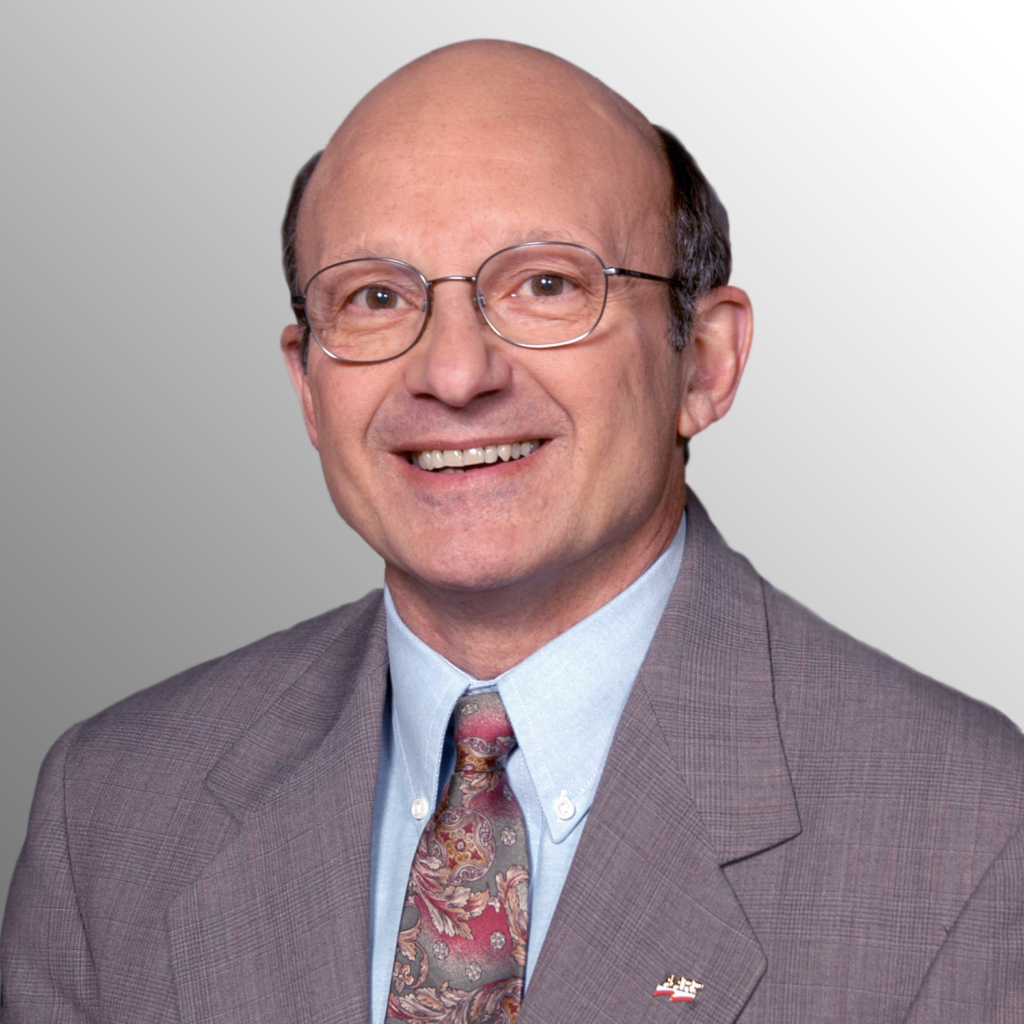Alliance Discussion with Bill Novelli and Mary Woolley: The Art and Science of the R&D Advocacy Landscape

Bill Novelli, founder of the Business for Impact Center at Georgetown University McDonough School of Business, recently joined us for conversation on the art and science of effective R&D advocacy. Research!America’s own President and CEO, Mary Woolley, also joined the conversation. Here are a few highlights:
On why advocacy is essential:
Bill: “The question is why advocate? The answer is to win our cause. What we have to do is turn legislation or regulation, or some other rulemaking action into action that favors us, our coalition, our movements, our goals. If we’re going to affect change, we need to do it at two levels. One is the macro level – broad national strategies to affect national norms. The fastest way to accomplish that is [through] policy. At the same time, we have to work at the interpersonal level, the grassroots level – community, family, individuals. That grassroots influences policy.”
Mary: “I would add that if you or your organization depends in any way on the public, in terms of policies that you want to change or for funding, then I would argue that it’s your responsibility to be an advocate; to make the case for what you’re doing to serve the public’s interests. I think that’s at the heart and soul of what advocacy’s challenge is – how to make that case, make it effectively, and to engage each and every one of us.”
On why R&D driven medical progress receives pushback:
Bill: “I’ve been thinking about how do you communicate the value of science? I think that the public does respect science. [Research!America’s] own research shows that, but [the public is] vague about it, they don’t really understand it. They don’t know scientists or what they do. The public thinks of science as uncertain. They read conflicting things, and then there’s all this misinformation and disinformation that’s rapidly growing. Then the last thing is everything today is controversial. Politicians are going after NIH, CDC, and key figures. If you add all this up, it’s hard to convey the value of science.”
Mary: “This is America; we take progress for granted. We always want [progress] to go faster. Public opinion surveys show this is the reality, and that includes our policymakers taking progress for granted. We aren’t happy when it doesn’t happen fast. Well, maybe all those people who are doing the research aren’t doing it right, or they’re not making fast enough progress. So, are they the people we should be angry at? No. That’s not a useful target for our anger. What we need to do is empower them to move faster. How do you empower them? Good policies, more money, often, not always, and better coordination. That’s how you empower them to succeed.”
On the reality of individual advocacy:
Bill: “If we think in broader terms, what can one person do for advocacy? I’m going to suggest three things. One is we can invest – in a cause, in a candidate. Henry David Thoreau said, “If you give money to a cause, spend yourself with it.” In other words, be involved. You can join at the community level, at the state level, at the national level. It’s really satisfying. Use your skills; everybody has skills and I think we can make a difference. Then the last thing is — and you can do this from your living room — communicate everything from letters to the editor, contact your elected officials, and be part of an advocacy network. I think there’s a lot that an individual can do.”
Mary: “[…] wherever you are in the community of the [elected] Congress person, [they] have every interest in talking to the voters, of which you are one. If you’re not a voter, because you don’t happen to be a U.S. citizen, you’re a constituent of this member of Congress, but they don’t know you. They don’t know what you are doing to serve the public’s interest. That’s where we’re missing. It is so easy to approach an elected official and say, “Thank you, for your service.” Don’t be afraid of doing something like that. Then you tell them that you also serve the public interest, and that member of Congress is going to say, “Tell me how you do that?” Now you are an advocate.”
On how small organizations can be successful advocates:
Mary: “I would say join an alliance. Add your expertise and that of your members to something that’s bigger than you and help grow that alliance. I think that was the first point you made in our conversation, Bill. And influence that alliance; make it smarter.”




